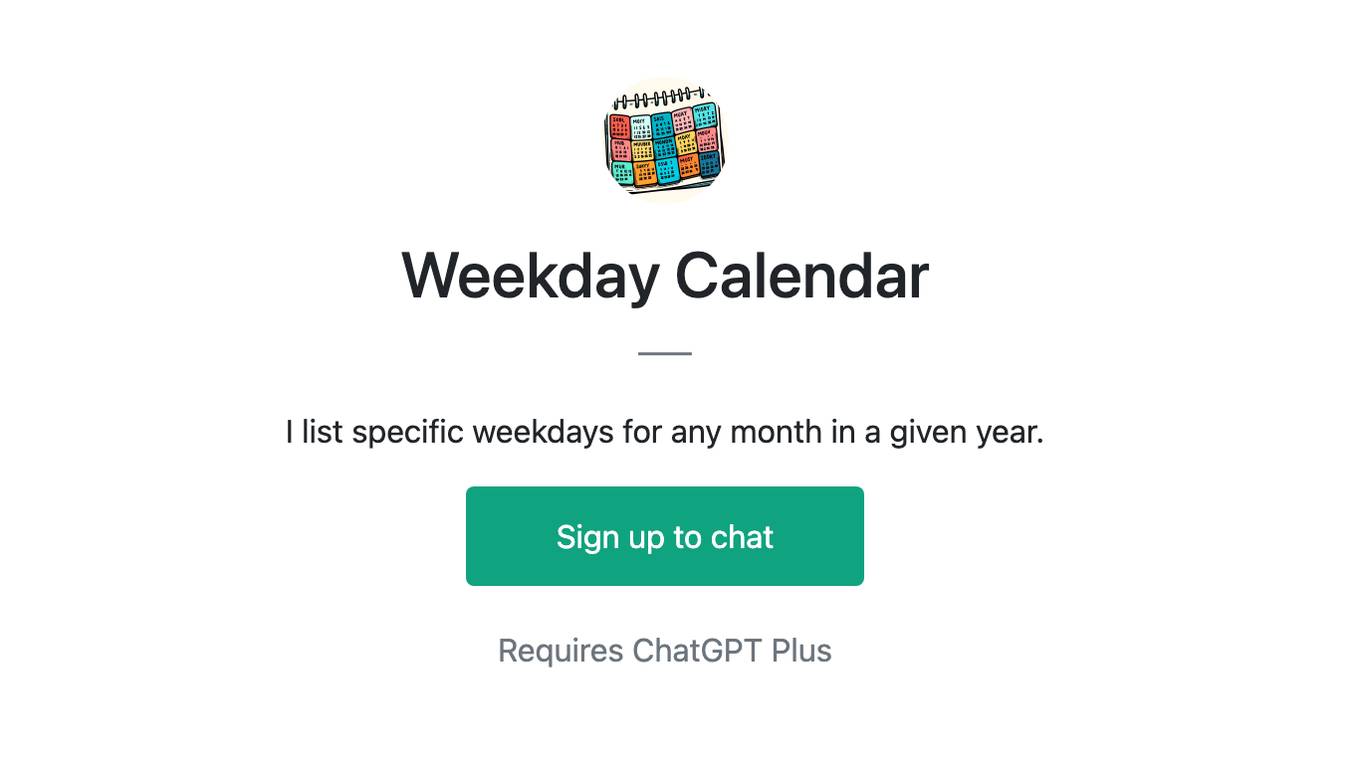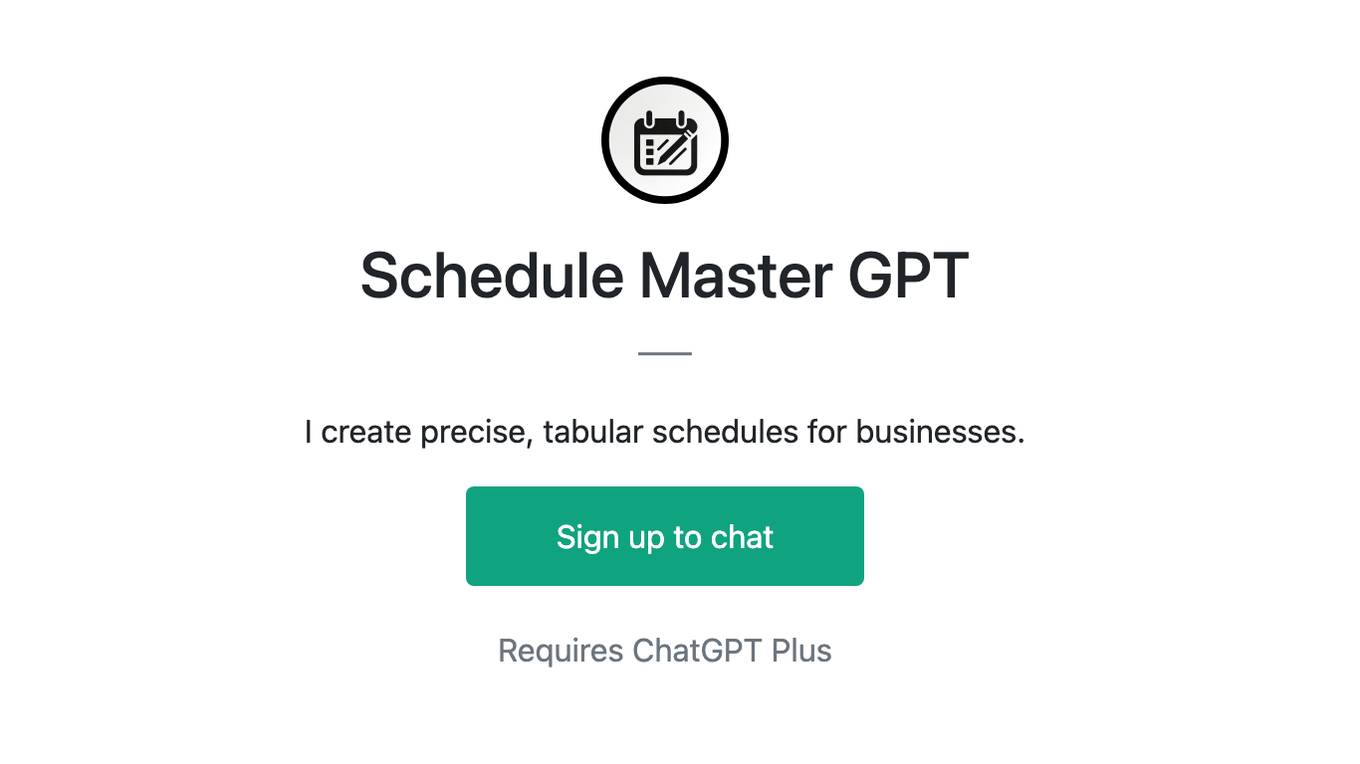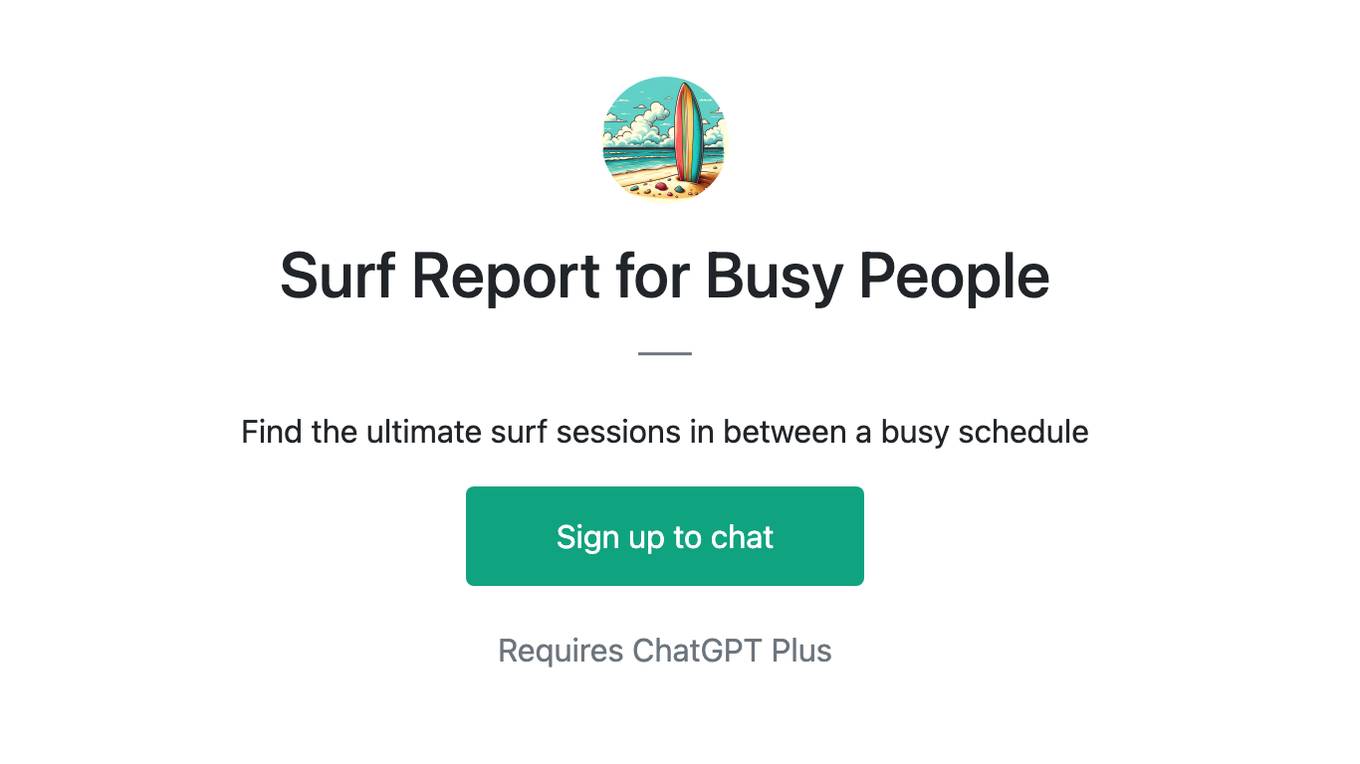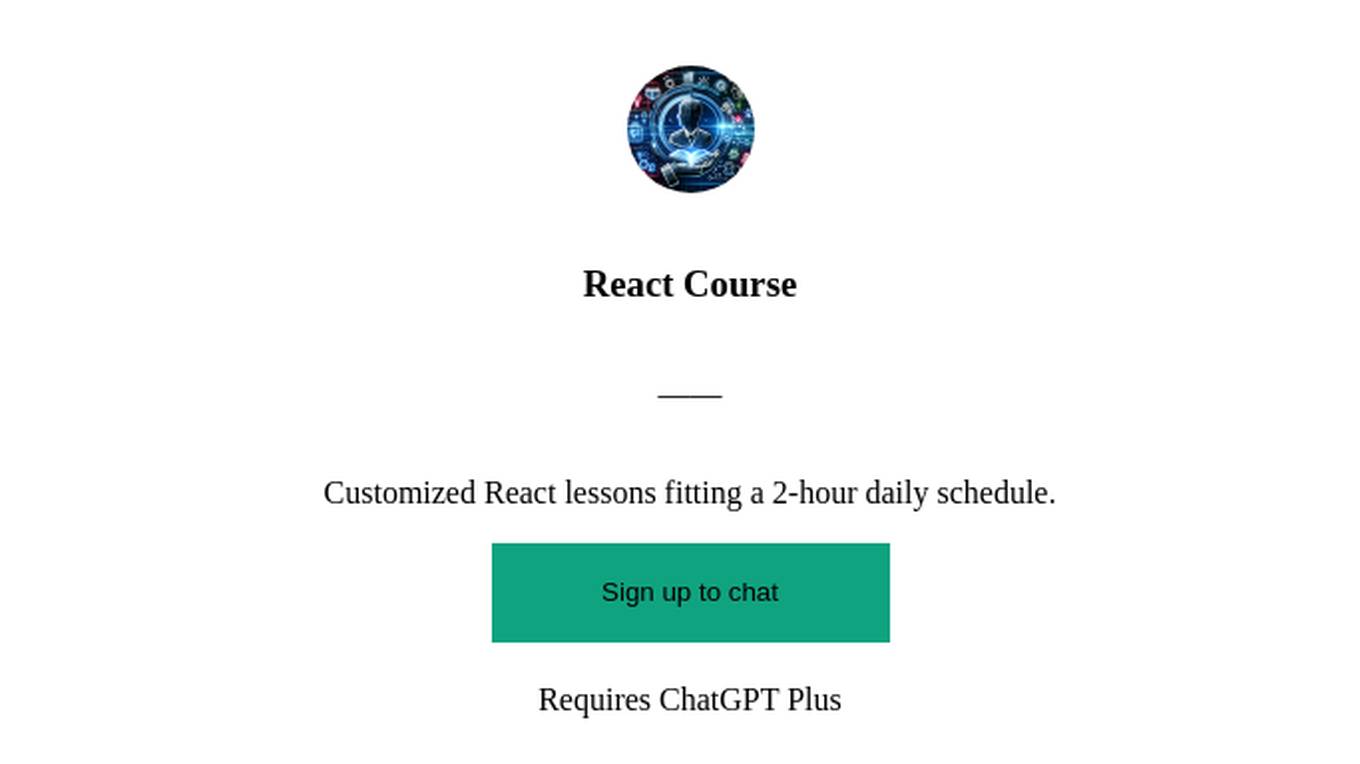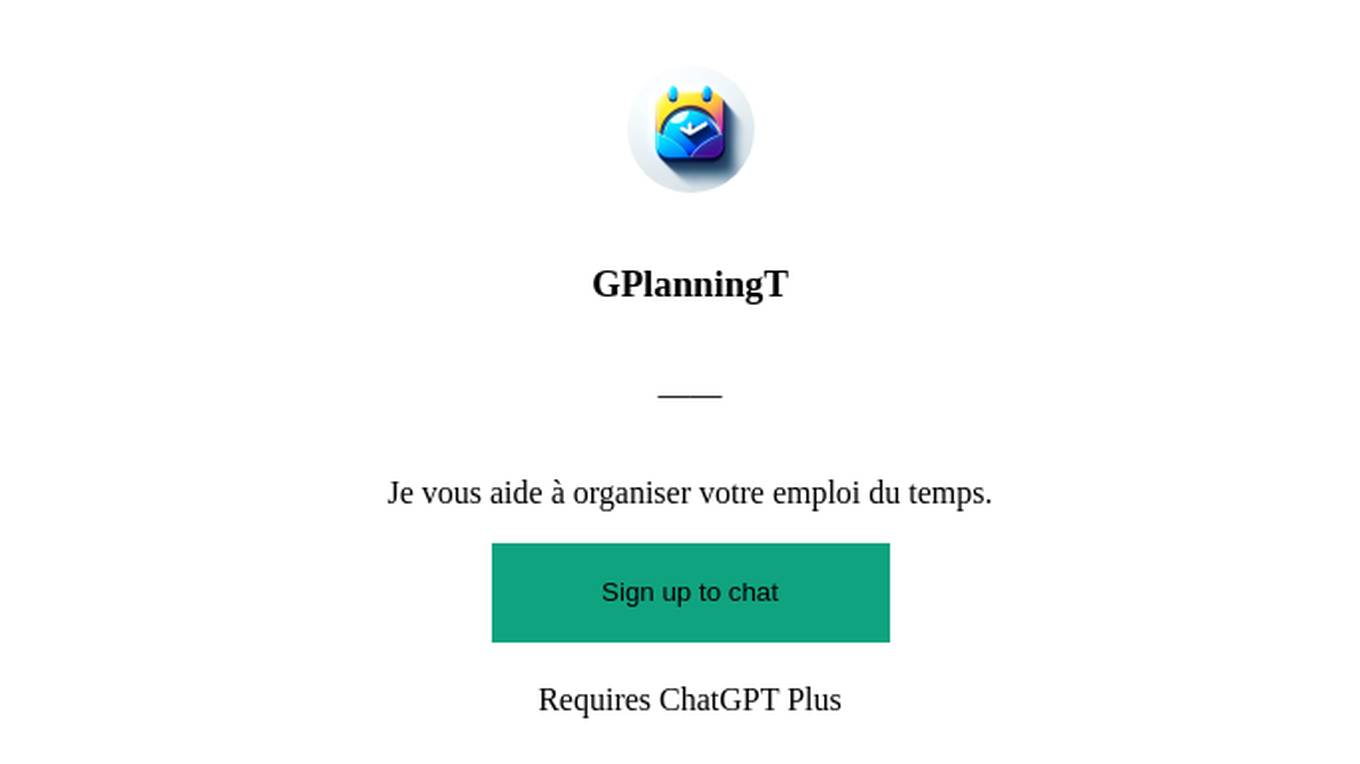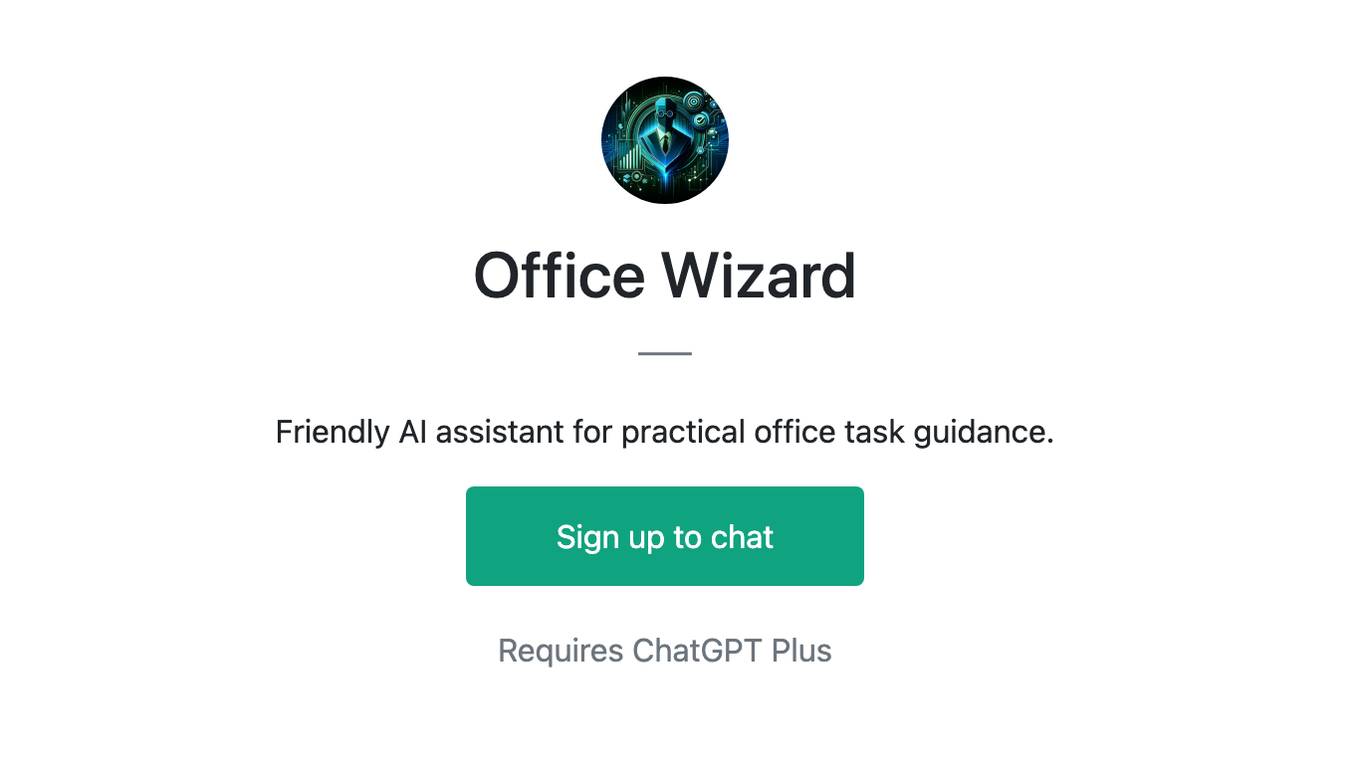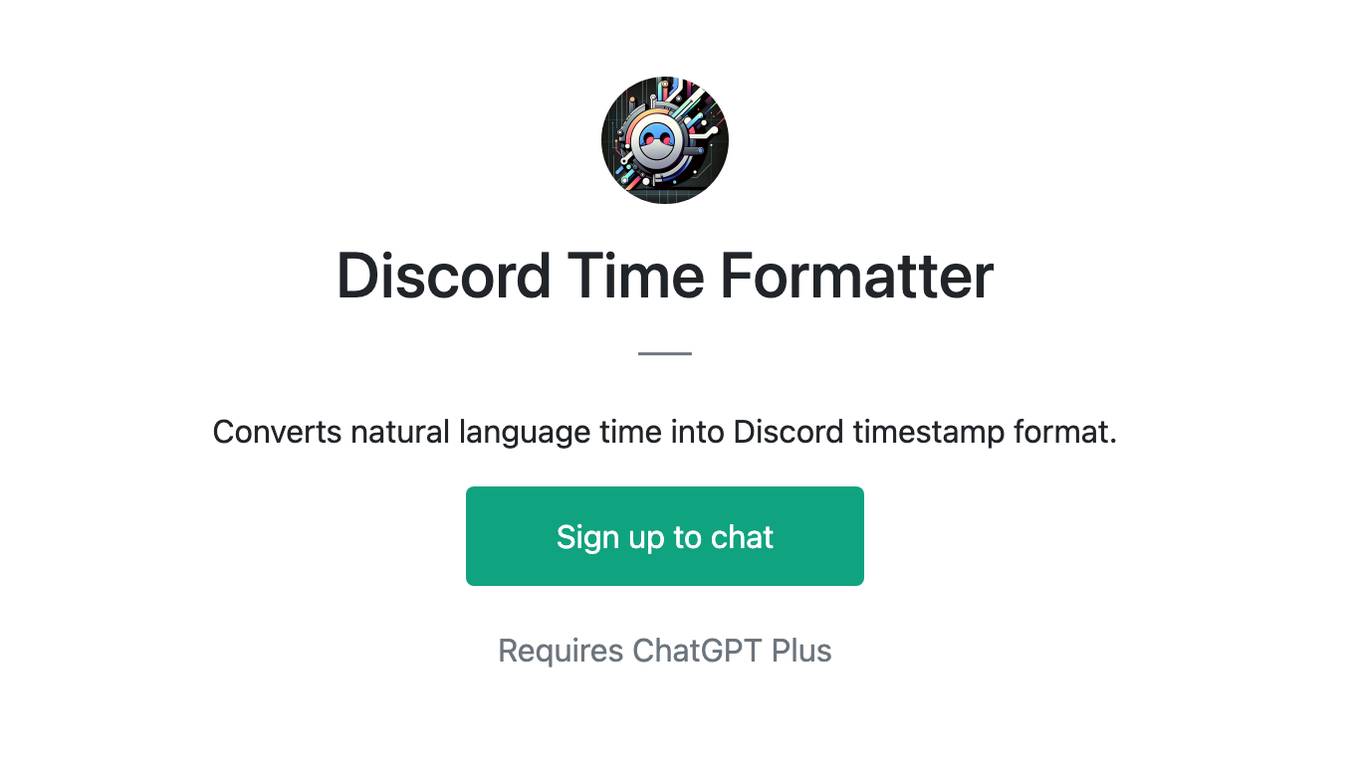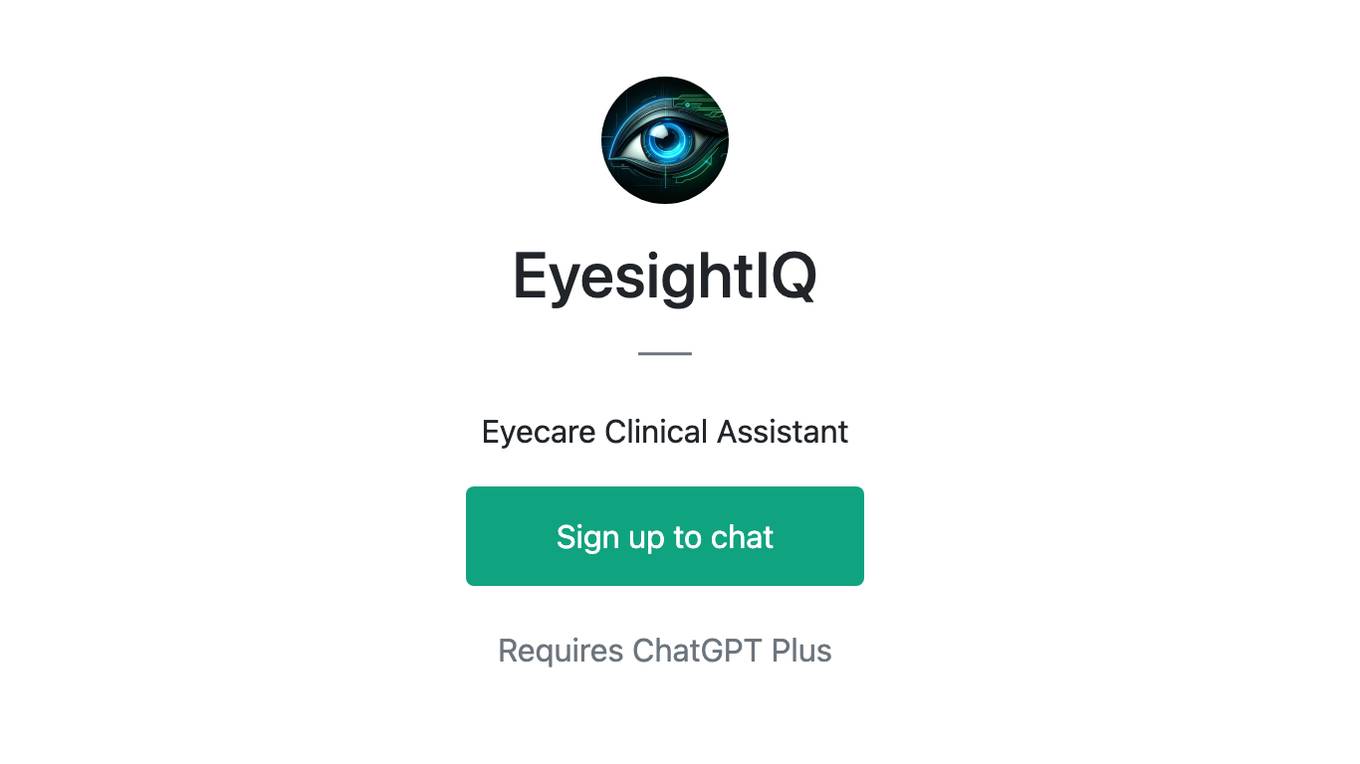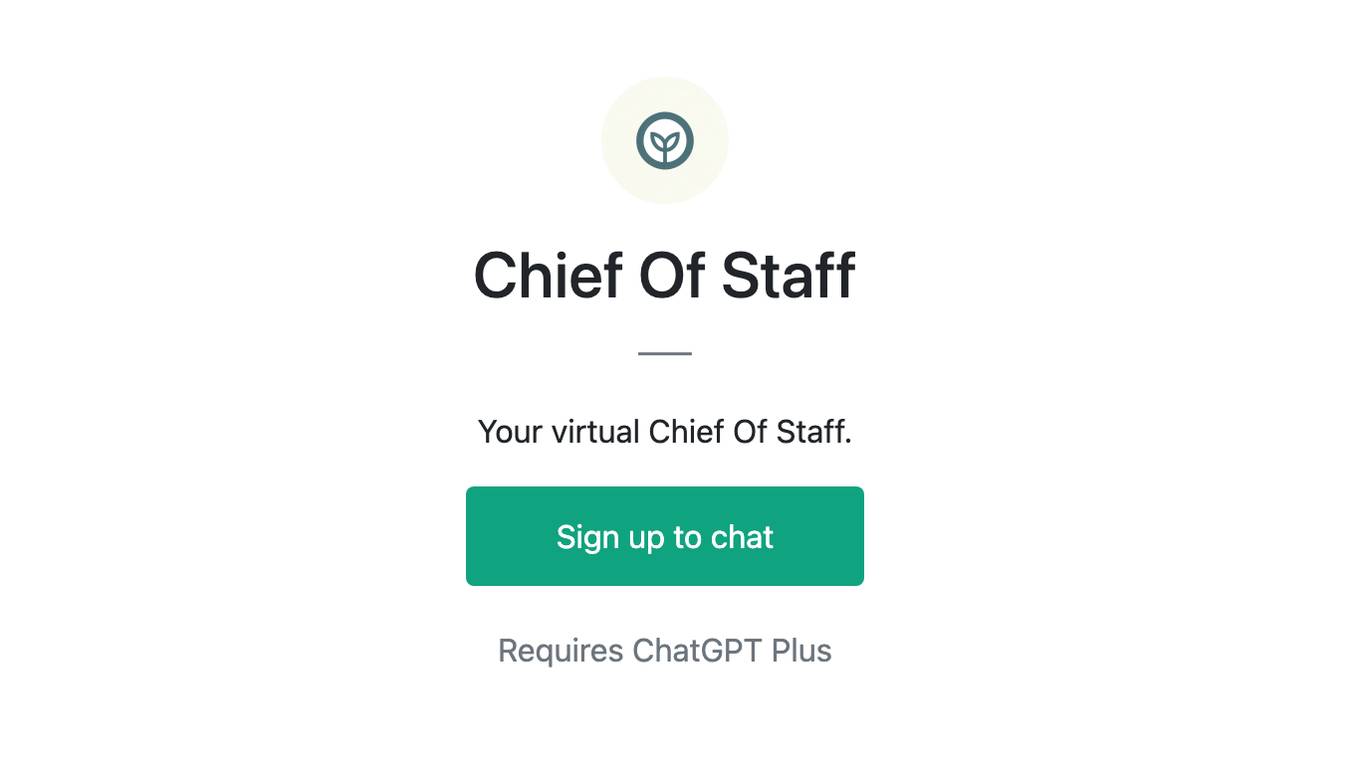Best AI tools for< Schedule Shifts >
20 - AI tool Sites
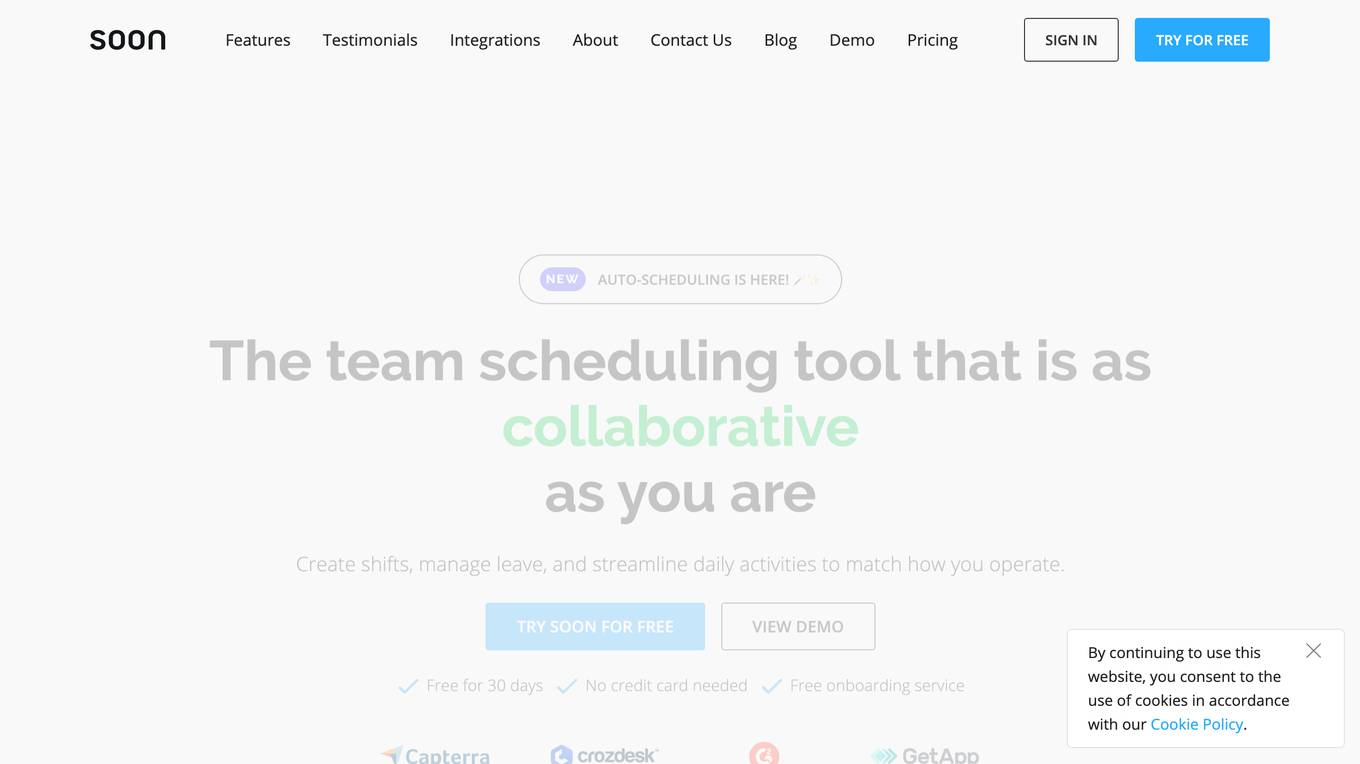
Soon
Soon is an AI-First Workforce Management Software designed to help modern teams schedule smarter, adapt faster, and automate with confidence. It offers features such as shift scheduling, intraday management, time off tracking, forecasting, and auto-scheduling. The application is fast, intuitive, and adaptable to any scheduling needs, making it a valuable tool for optimizing workforce management.
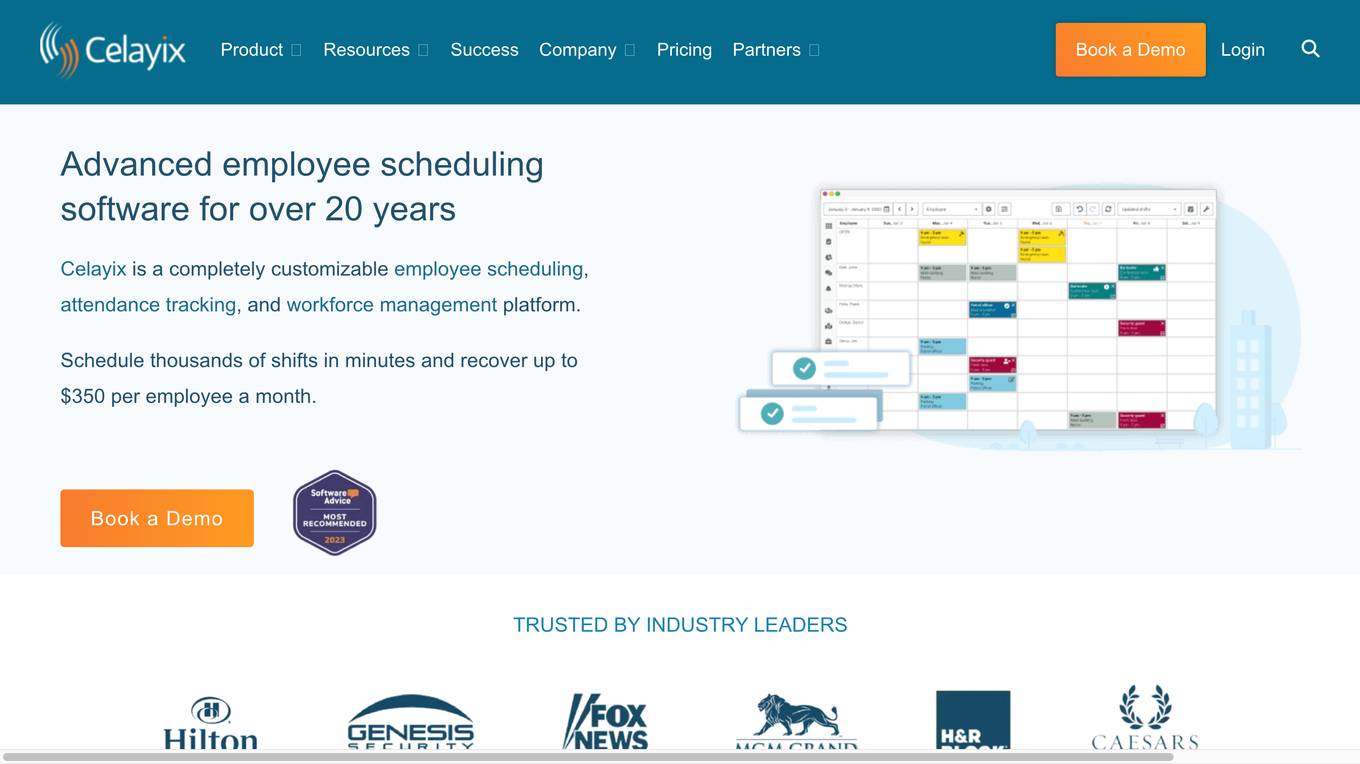
Celayix
Celayix is a shift management software designed for employee scheduling, time and attendance tracking, and workforce management. It offers advanced features to simplify shift management, automate reporting, and ensure every shift is covered, compliant, and cost-effective. Trusted by various industries such as security, healthcare, hospitality, and events, Celayix provides tools tailored to the specific needs of organizations that rely on accurate scheduling and time tracking. With over 25 years of experience, Celayix helps streamline operations, improve employee satisfaction, and drive business growth.
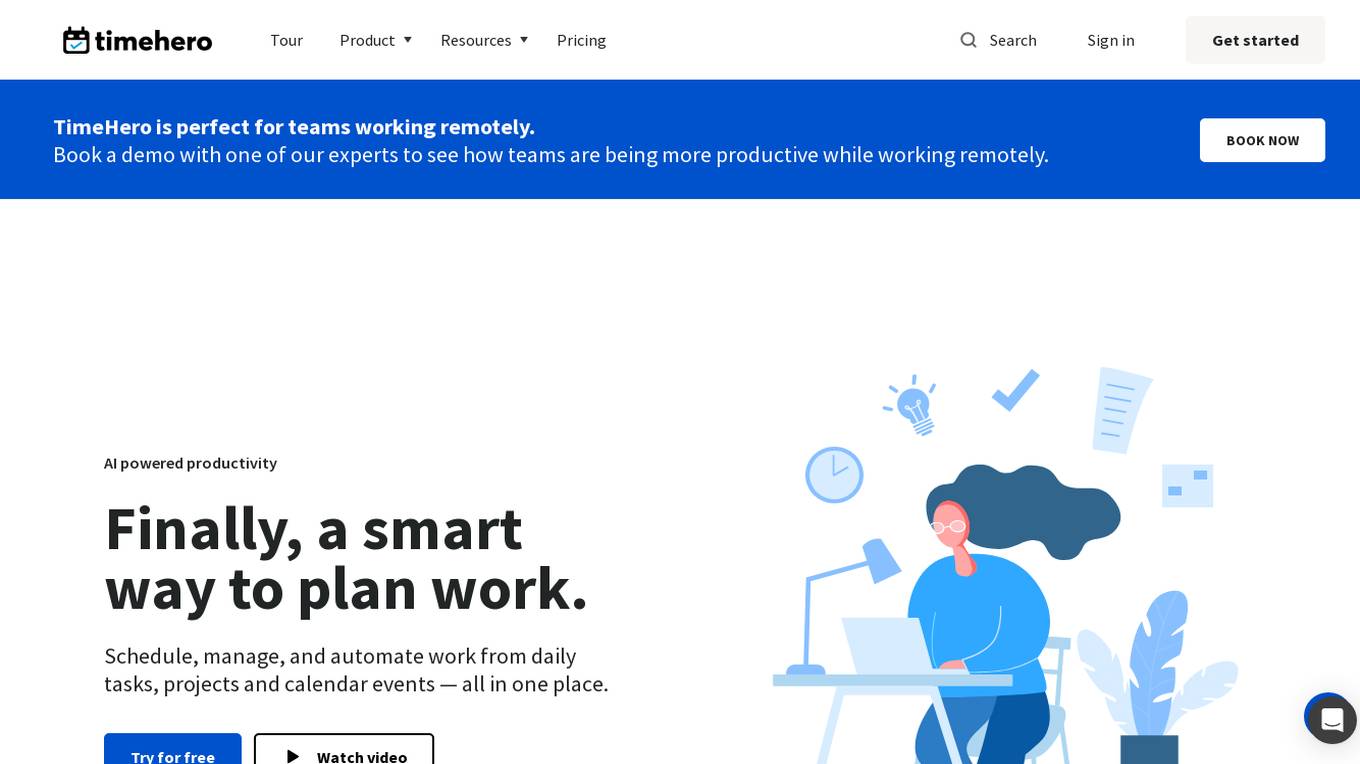
TimeHero
TimeHero is an AI-powered productivity tool that offers smart task planning and work management solutions for teams and individuals. It helps users schedule, manage, and automate daily tasks, projects, and calendar events in one centralized platform. TimeHero stands out by automatically planning when to work on tasks based on availability, adjusting plans instantly when events change, tasks are completed early, or priorities shift. With features like adaptive planning, autonomous recurring tasks, smart workflow templates, built-in time tracking, automatic risk detection, and project forecasting, TimeHero streamlines work processes and enhances productivity for remote and in-office teams alike.
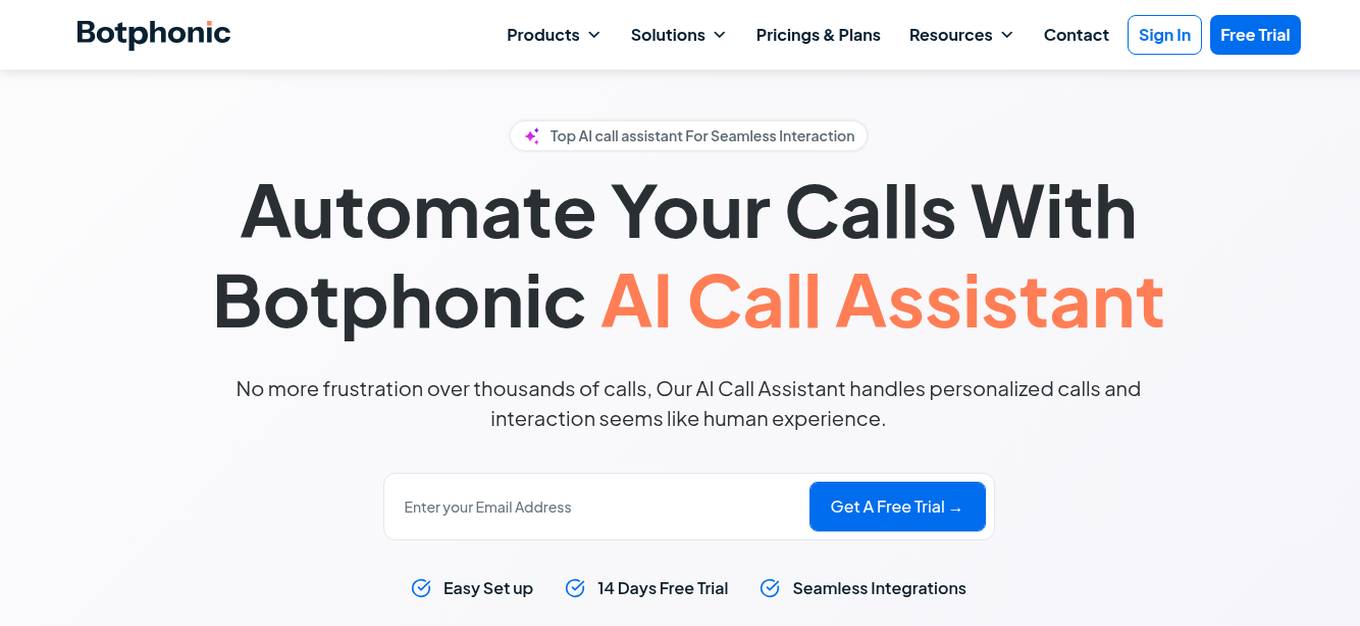
Botphonic
Botphonic is an AI-powered call assistant application designed to automate business calls and interactions. It offers a wide range of features such as personalized calls, automated scheduling, sentiment analysis, conversation analytics, feedback collection, and multilingual support. The application aims to enhance operational performance, improve customer service quality, and increase efficiency by shifting call burdens to AI assistants. With a focus on scalability, data security, and client satisfaction, Botphonic provides a seamless and human-like communication experience for businesses across various industries.
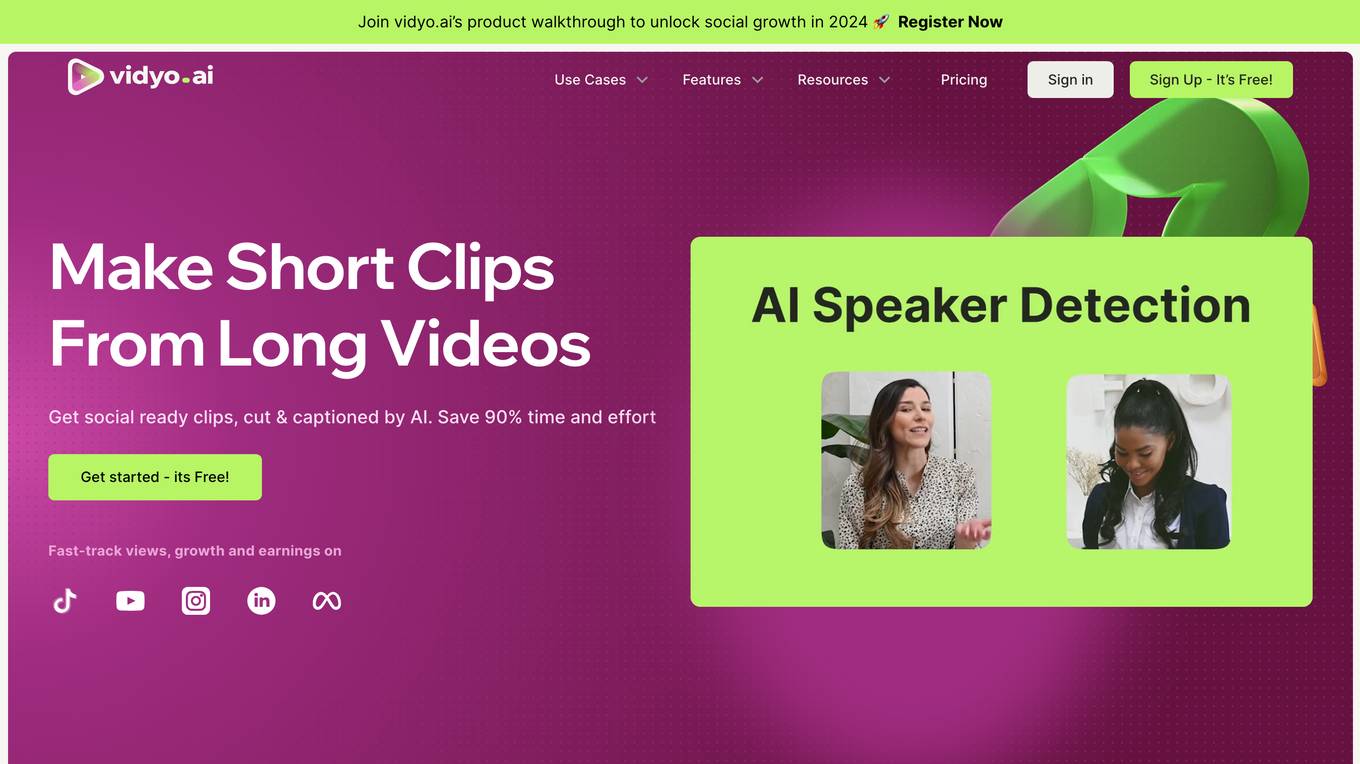
quso.ai
quso.ai is an AI-powered social media scheduling and video editing platform that simplifies content creation, editing, and scheduling across various social media platforms. It offers a suite of tools for creating AI clips, generating subtitles, repurposing content, managing social media, and editing videos effortlessly. With a user-friendly interface and powerful AI capabilities, quso.ai helps individuals, teams, and businesses streamline their social media presence and boost engagement.
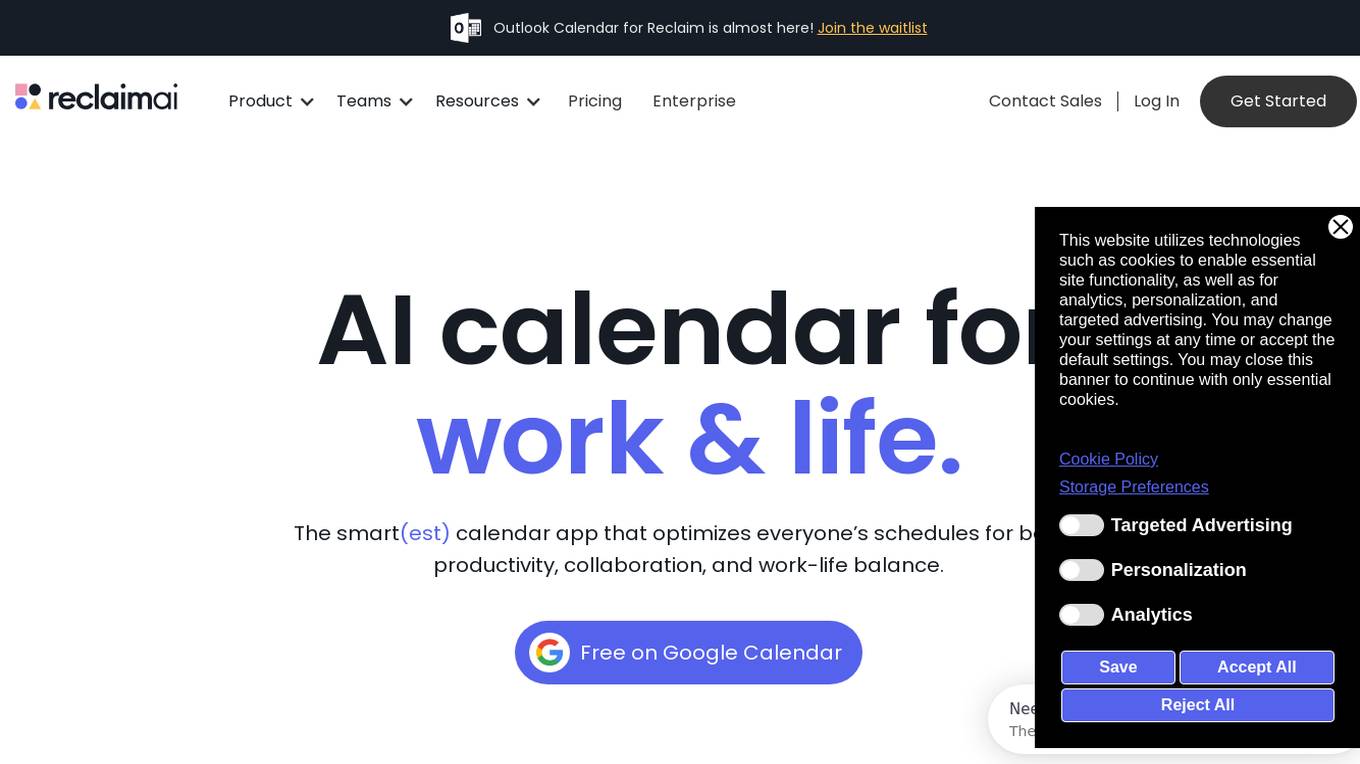
Reclaim.ai
Reclaim.ai is an AI-powered scheduling application designed to optimize users' schedules for better productivity, collaboration, and work-life balance. The app offers features such as Smart Meetings, Scheduling Links, Calendar Sync, Buffer Time, and Time Tracking. It helps users analyze their time across meetings, tasks, and work-life balance metrics. Reclaim.ai is trusted by over 300,000 people across 40,000 companies, with a 4.8/5 rating on G2. The application is known for its ability to defend focus time, automate daily plans, and manage smart events efficiently.

Dola
Dola is an AI calendar assistant that helps users schedule their lives efficiently and save time. It allows users to set reminders, make calendar events, and manage tasks through natural language communication. Dola works with voice messages, text messages, and images, making it a versatile and user-friendly tool. With features like smarter scheduling, daily weather reports, faster search, and seamless integration with popular calendar apps, Dola aims to simplify task and time management for its users. The application has received positive feedback for its accuracy, ease of use, and ability to sync across multiple devices.
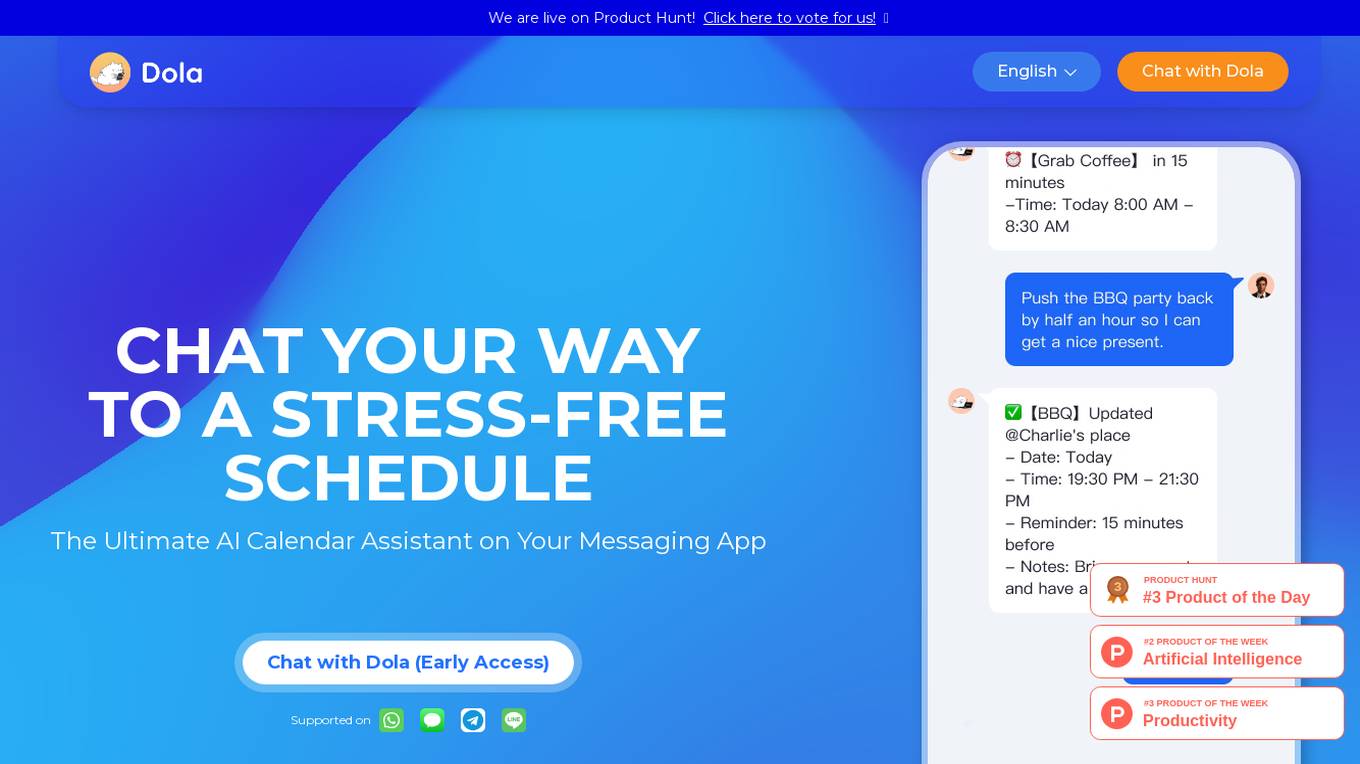
Dola
Dola is an AI-powered calendar assistant that helps you manage your schedule through messaging apps. With Dola, you can add events, edit them, and get reminders, all through natural language conversations. Dola also integrates with your existing calendar apps, so you can keep all your events in one place.
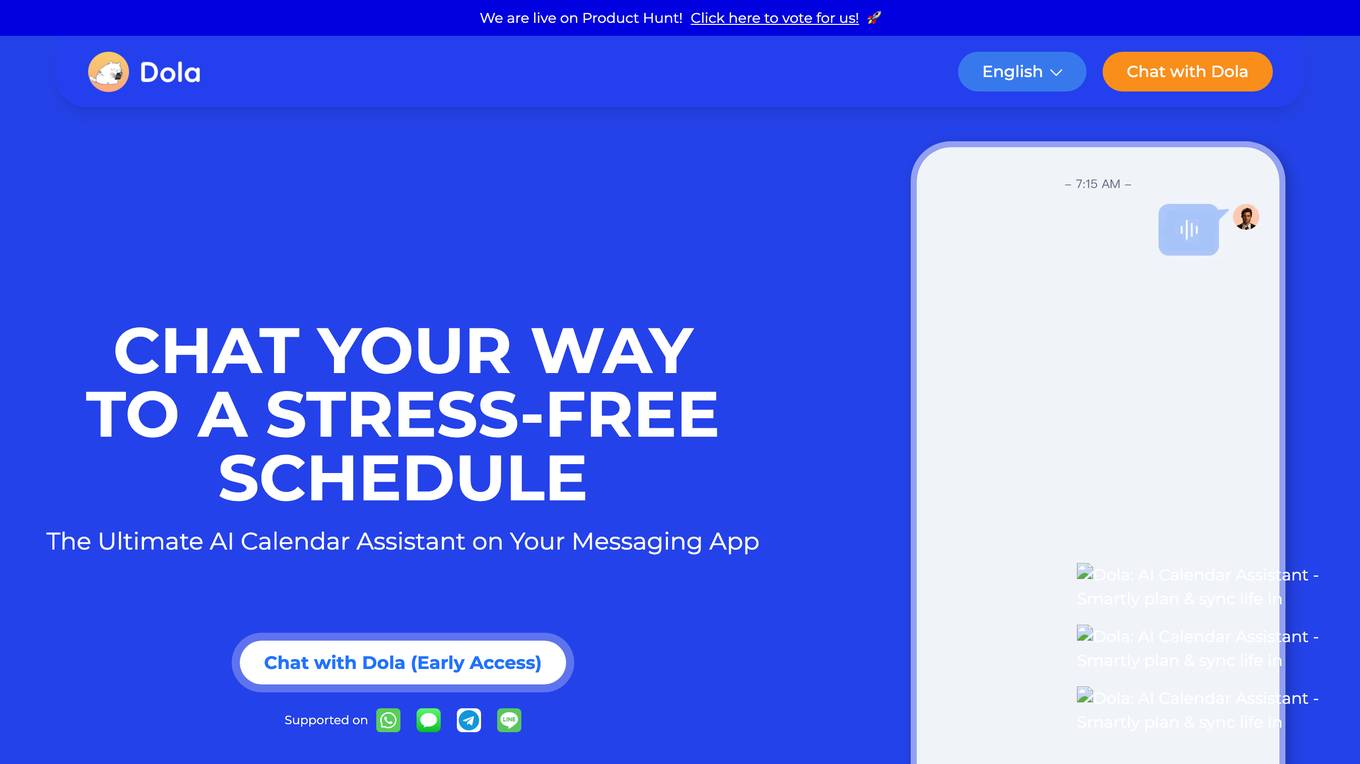
Dola
Dola is an AI-powered calendar assistant that helps you manage your schedule through messaging apps. With Dola, you can add events, edit them, and get reminders, all without having to fill out tedious forms or quote previous calendar events. Dola also supports group chats, so you can easily schedule events with friends and family. Dola is available on iOS, Android, and the web.
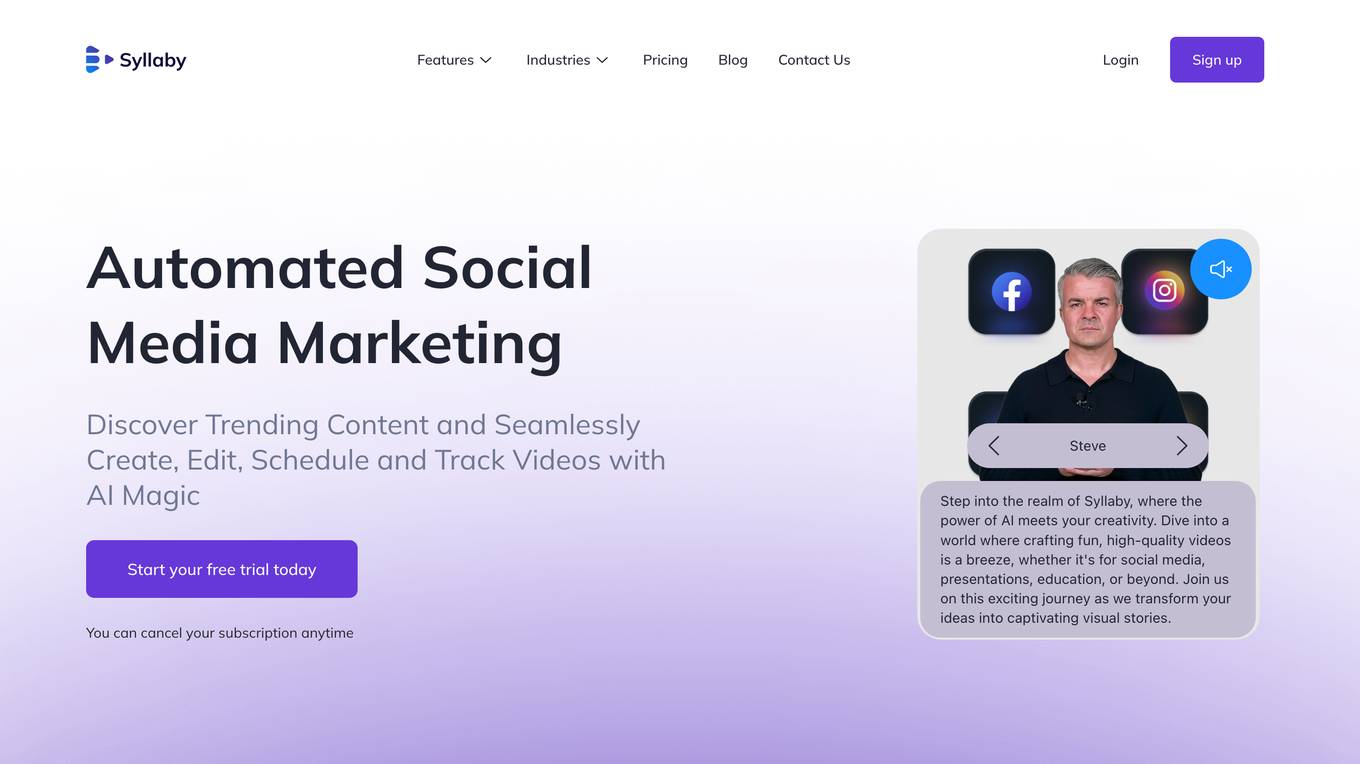
Syllaby
Syllaby is an AI-powered tool that streamlines the process of creating viral social media videos for businesses by assisting with ideation, content scheduling, outline and script generation, and even avatar-based video creation. It offers a systematic workflow tailored to various industries, along with features like an organizational content calendar and in-tool tutorials, making video marketing more accessible and efficient.

Boomerang for Gmail
Boomerang for Gmail is a meeting scheduling and email management tool that helps you save time and be more productive. With Boomerang, you can schedule emails to be sent later, set reminders to follow up on messages, and pause your inbox to avoid distractions. Boomerang also includes a number of AI-powered features, such as Respondable, which helps you write better emails, and Inbox Pause, which helps you manage your email flow more effectively.
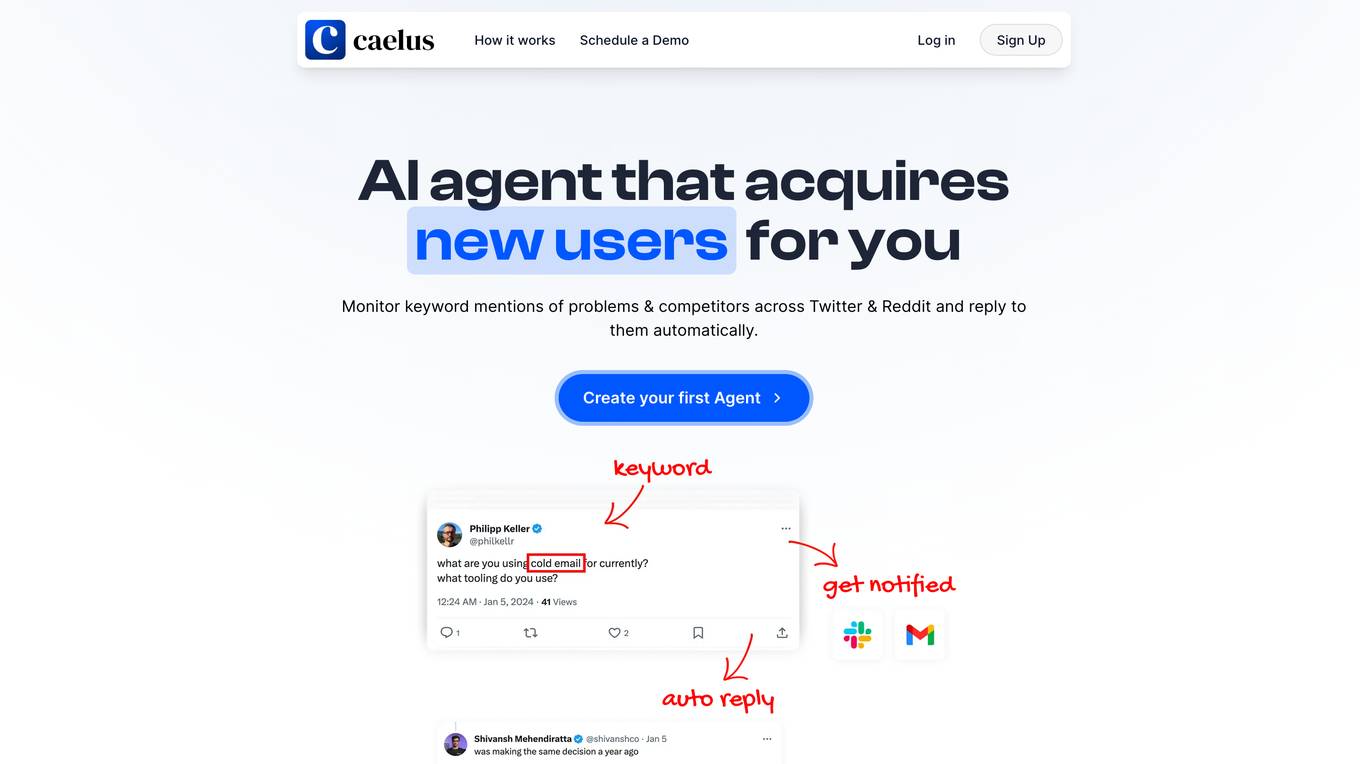
Caelus AI
Caelus AI is an AI-powered tool that helps businesses acquire new users by monitoring keyword mentions of problems and competitors across Twitter and Reddit, and replying to them automatically. It uses natural language processing to understand the intent of each mention and respond in a personalized way, sounding like the business itself. Caelus AI also learns from the business's existing Twitter and Reddit posts to ensure that its responses are consistent with the brand's voice and tone.
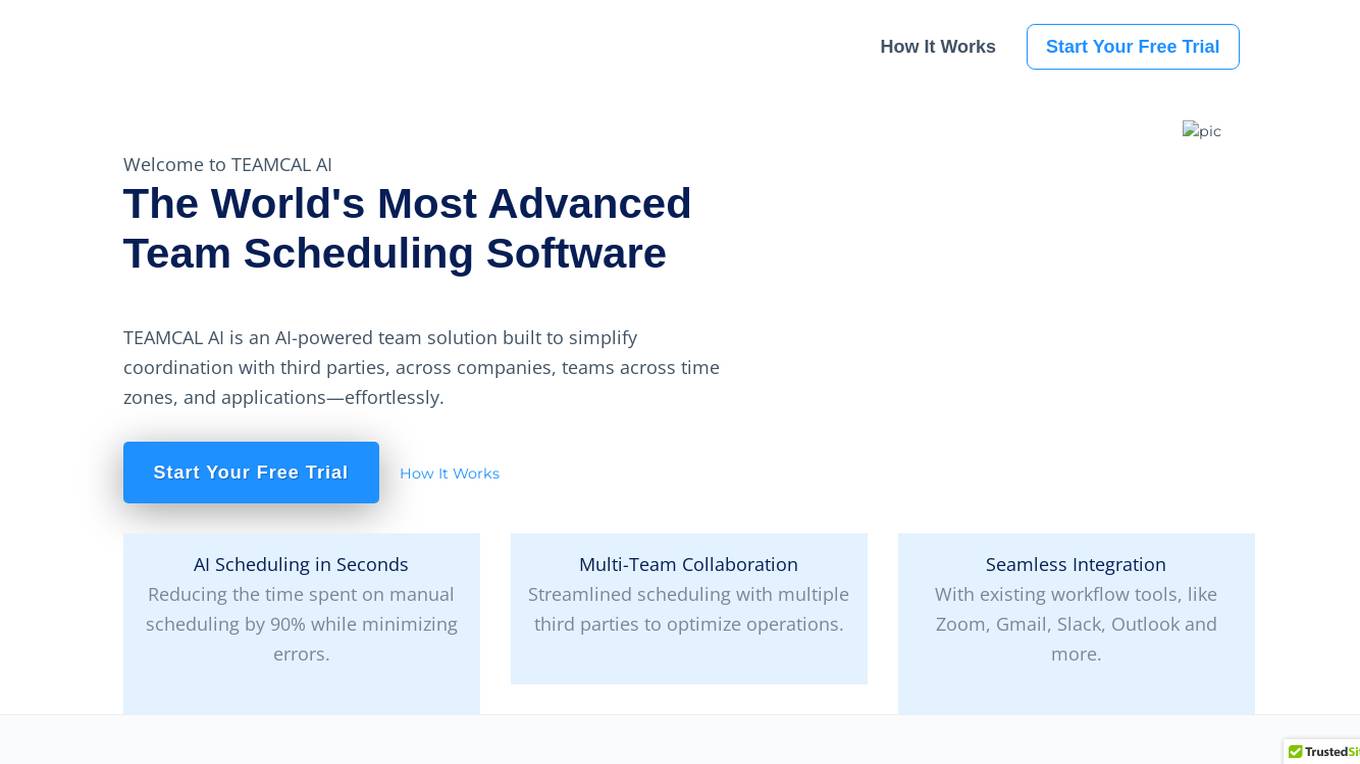
TEAMCAL AI
TEAMCAL AI is the world's most advanced team scheduling software powered by artificial intelligence. It simplifies coordination with third parties, across companies, teams across time zones, and applications effortlessly. The application offers features such as AI scheduling in seconds, multi-team collaboration, seamless integration with existing workflow tools, and more. It is designed to streamline scheduling processes, reduce errors, and optimize operations for businesses of all sizes.
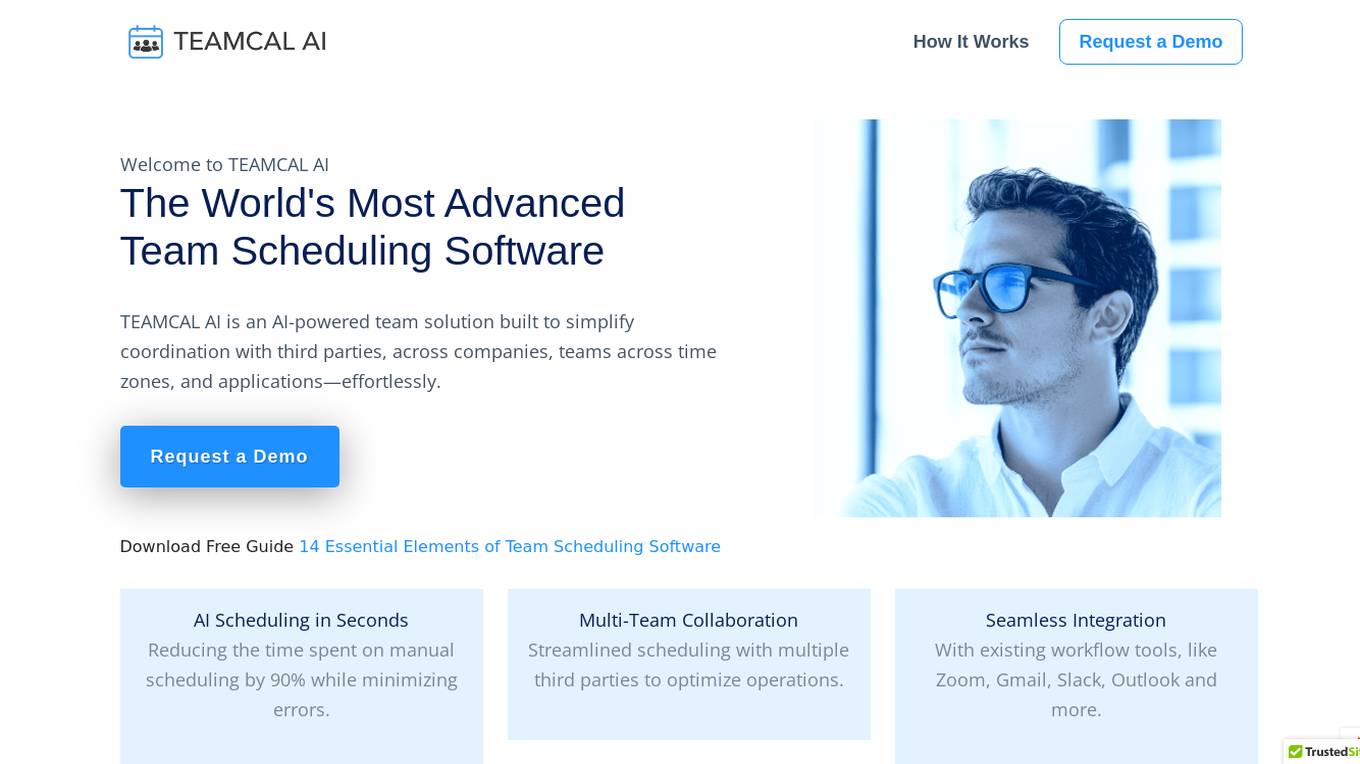
TEAMCAL AI
TEAMCAL AI is the world's most advanced team scheduling software powered by AI. It simplifies coordination with third parties, across companies, teams across time zones, and applications effortlessly. The application offers features like AI scheduling in seconds, multi-team collaboration, seamless integration with existing workflow tools, and integrated solutions designed for specific business use cases. With various pricing plans catering to different business needs, TEAMCAL AI aims to optimize team scheduling, reduce manual errors, and enhance productivity.
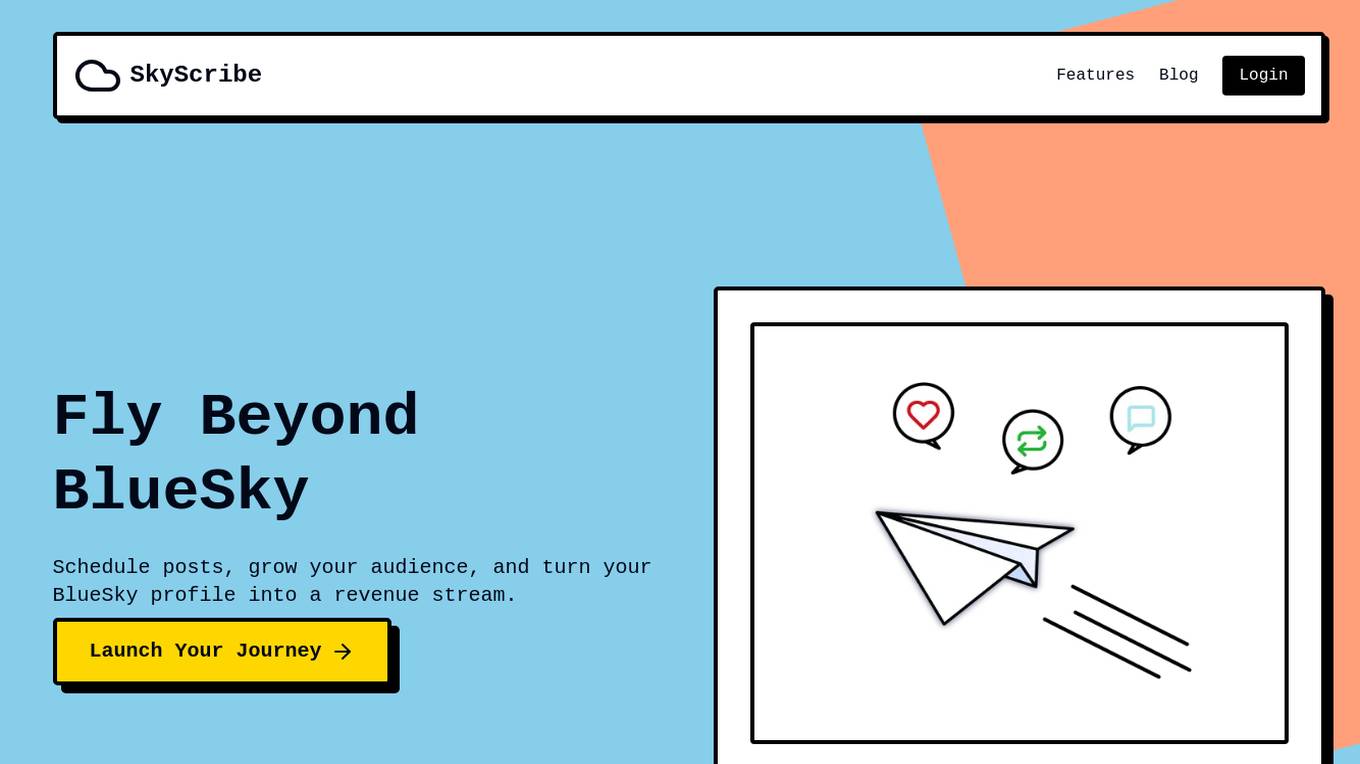
SkyScribe
SkyScribe is an AI-powered tool designed to help users schedule posts on BlueSky, a social media platform, and optimize their content strategy for audience growth and revenue generation. It offers features such as smart scheduling, audience analytics, engagement rate tracking, and monetization tools. Users can easily connect their BlueSky account, schedule posts in advance, and leverage AI-powered content suggestions for maximum impact. SkyScribe aims to streamline the content creation process and empower users to grow their online presence effectively.

Brand2Social
Brand2Social is an AI-powered social media management tool that helps users automate scheduling, optimize content, analyze performance, and engage across multiple platforms. It offers features like post publishing, cross-posting, auto post, analytics, auto DM, and more. With Brand2Social, users can save time, maximize reach, and grow their brand effortlessly. The platform is trusted by agencies and businesses worldwide for its seamless scheduling, detailed analytics, and collaborative tools.
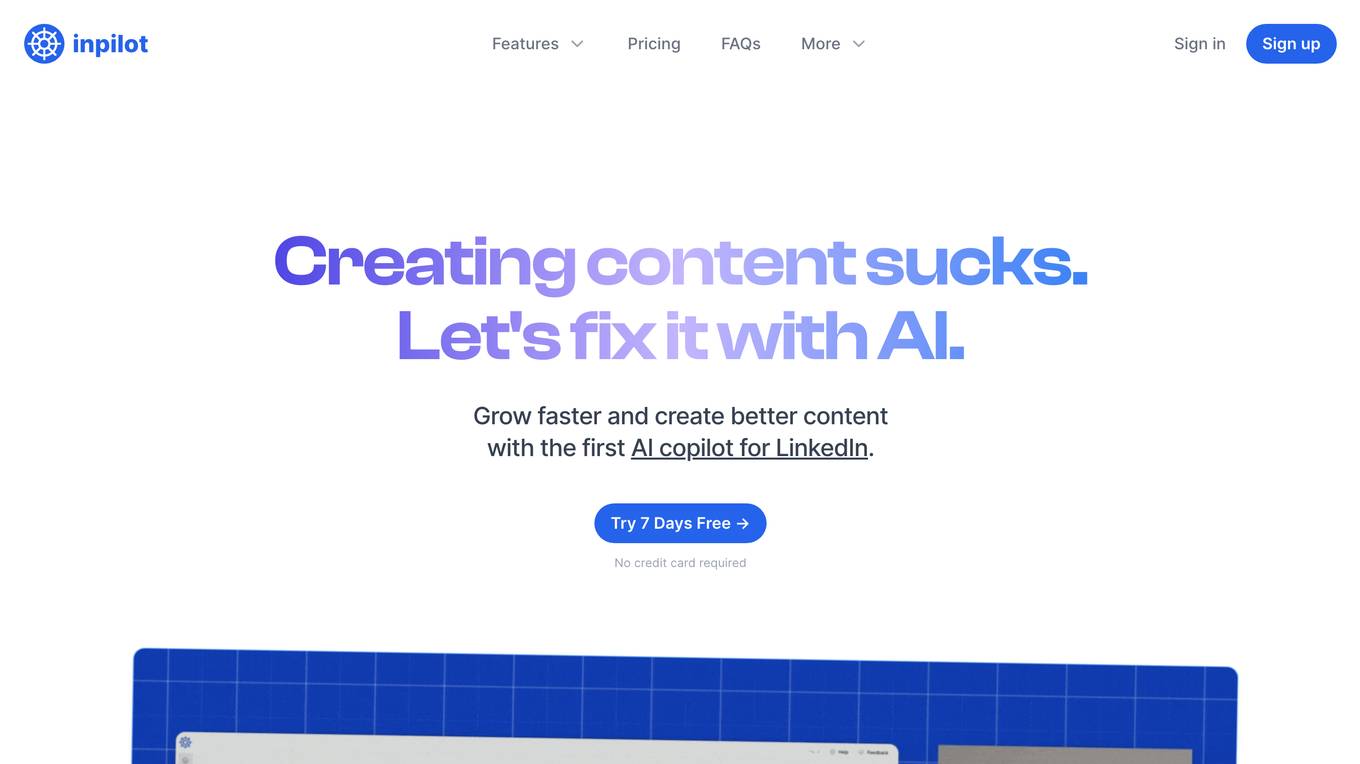
inpilot
inpilot is an AI-powered platform designed to enhance content creation and management on LinkedIn. It offers a range of features such as AI-assisted writing, AI-generated posts, scheduling calendar, ideas management, statistics, and network management. The tool aims to streamline the content creation process, making it faster, more efficient, and enjoyable for users. With a focus on speed, privacy, and ease of use, inpilot provides users with a comprehensive solution to grow their LinkedIn network and achieve their business or career goals.

Tailwind
Tailwind is an AI-enhanced social media and email marketing tool that leverages advanced AI technology to help businesses grow their online presence and engage with their target audience effectively. The tool offers a wide range of features such as AI-generated marketing content, social design creation, scheduling and distribution across multiple networks, hashtag finder, personalized post times, and more. Tailwind is designed to simplify the marketing process for businesses by providing tailored marketing plans, personalized designs, and automated optimization, ultimately saving time and effort for users.

LaterOn
LaterOn is a newsletter aggregator and reader that provides a distraction-free reading experience for newsletters without flooding your inbox. It allows you to subscribe to as many newsletters as you want and will collect, summarize, and forward them to you in one email per week or month. LaterOn also has an AI companion that you can ask anything about the newsletter content.
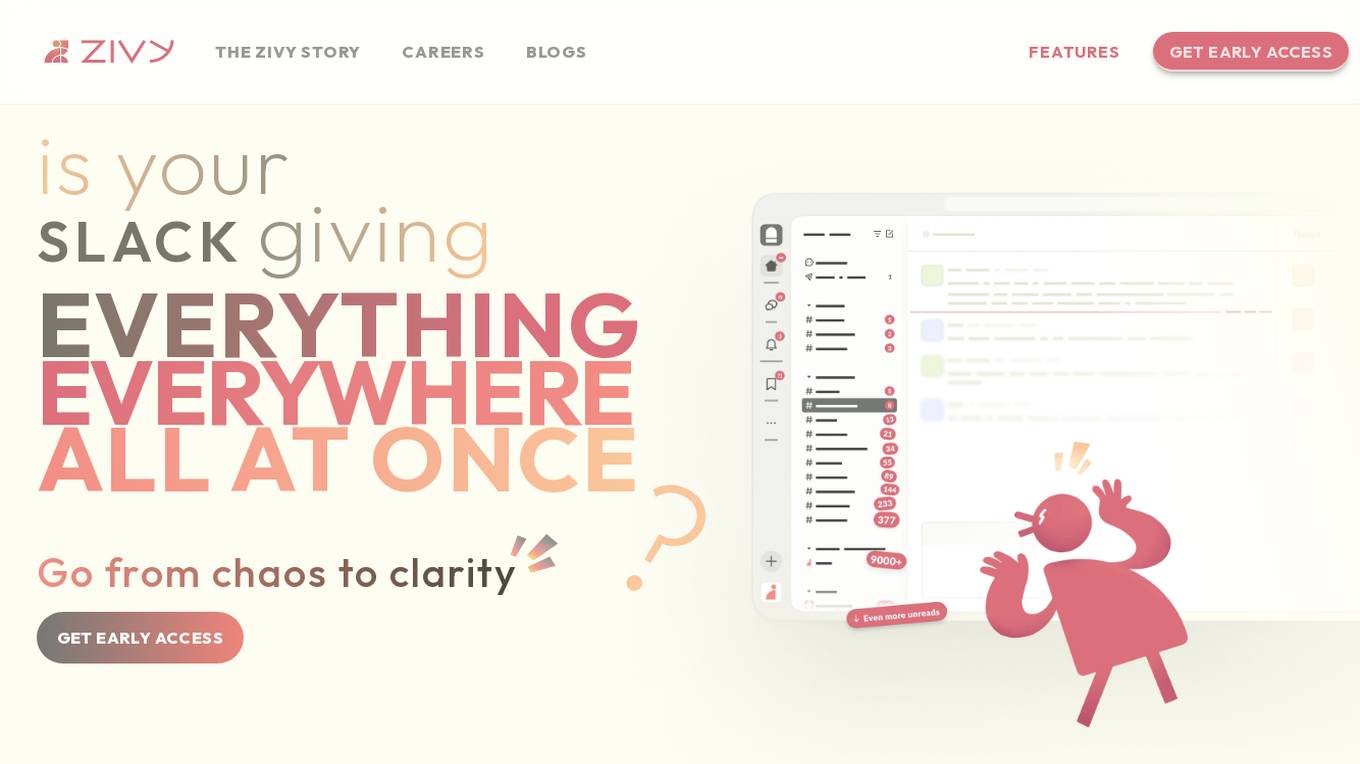
Zivy
Zivy is an AI-powered communication tool designed to help Engineering and Product Leads manage and prioritize messages effectively. It transforms the chaotic Slack environment into organized stacks of cards, ensuring that users focus on what truly matters. Zivy's AI capabilities learn user preferences, prioritize important messages, and continuously improve efficiency. The application also emphasizes data security, encrypting messages, and adhering to strict privacy standards. Zivy aims to streamline communication processes and enhance productivity by reducing noise and optimizing message delivery.
0 - Open Source AI Tools
20 - OpenAI Gpts
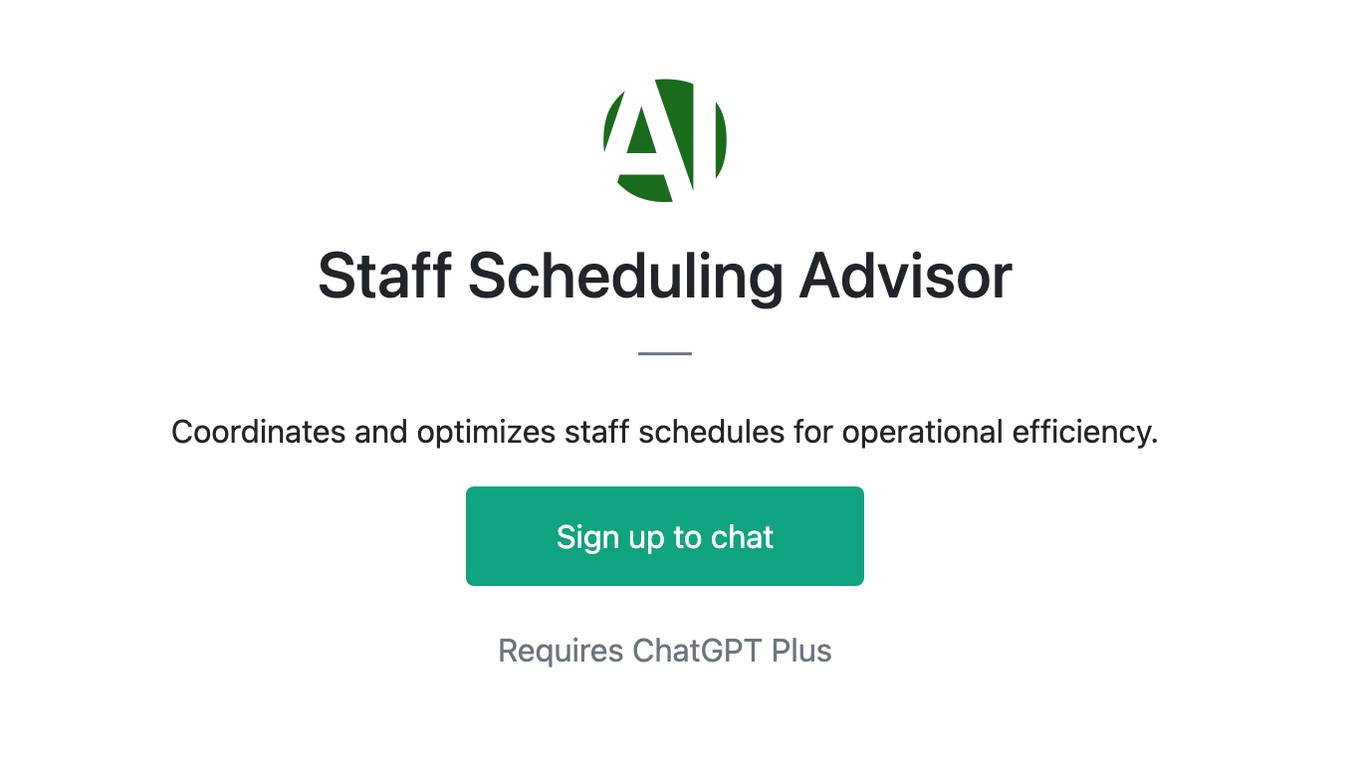
Staff Scheduling Advisor
Coordinates and optimizes staff schedules for operational efficiency.

📅 Schedule Companion | ゆみちゃん
Paste messages! Personal assistant for managing/planning schedules and tasks with Google Calendar

✍ Schedule Companion | ゆみちゃん
Paste messages! Personal assistant for managing/planning schedules and tasks with Google Calendar
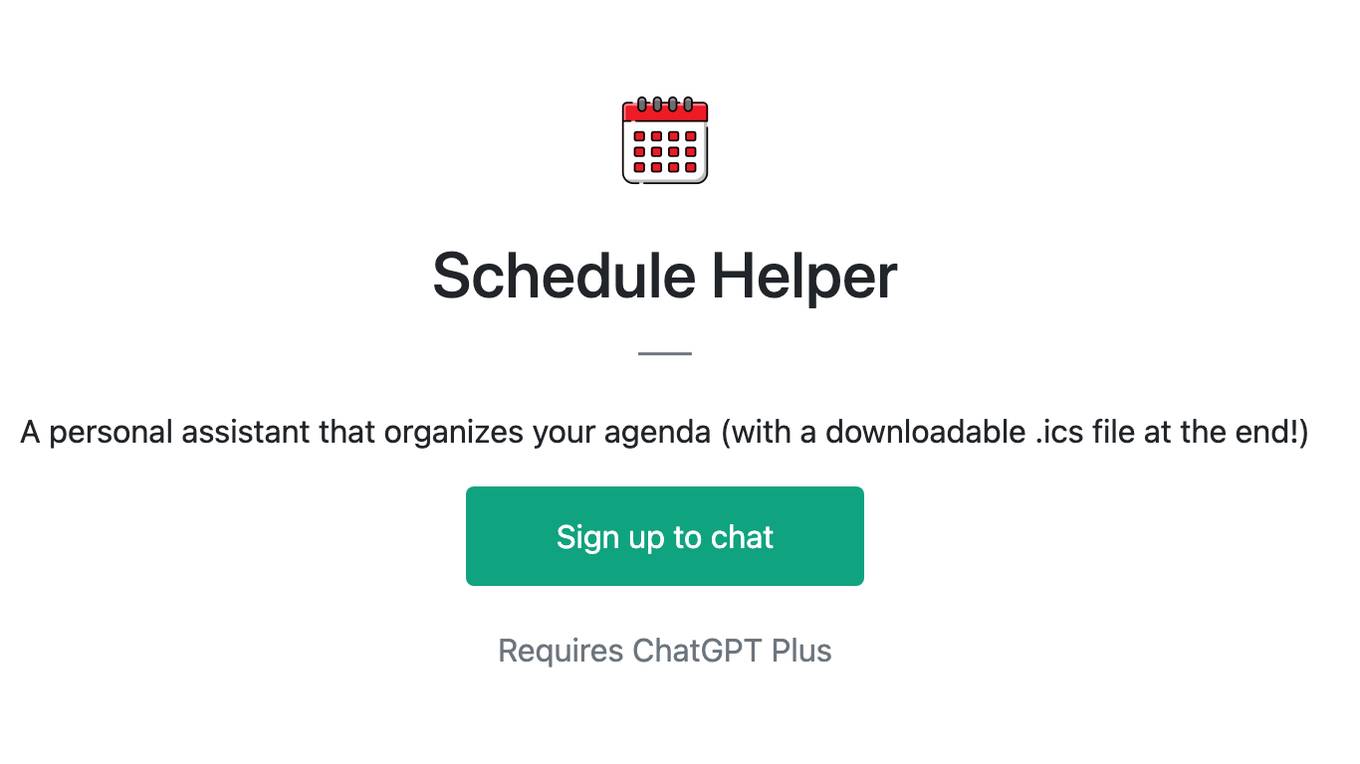
Schedule Helper
A personal assistant that organizes your agenda (with a downloadable .ics file at the end!)
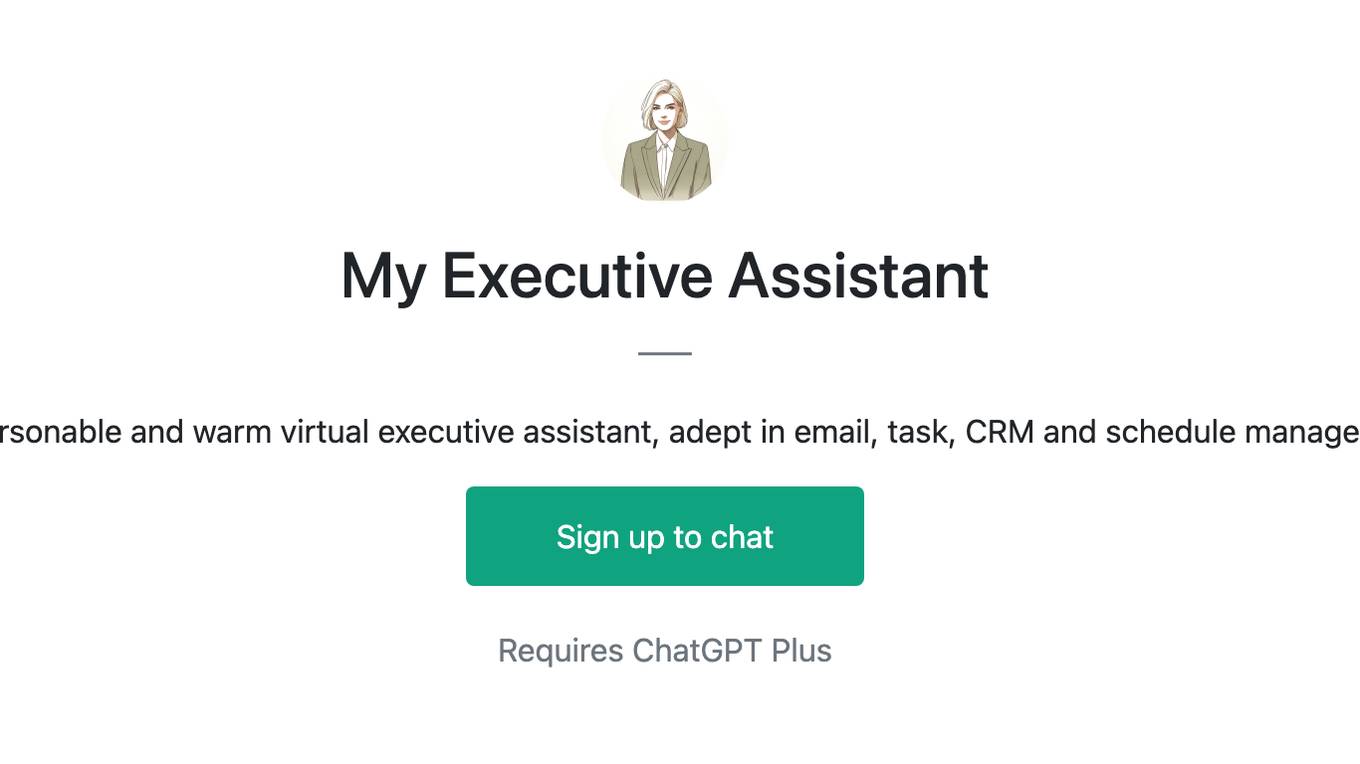
My Executive Assistant
Your personable and warm virtual executive assistant, adept in email, task, CRM and schedule management.
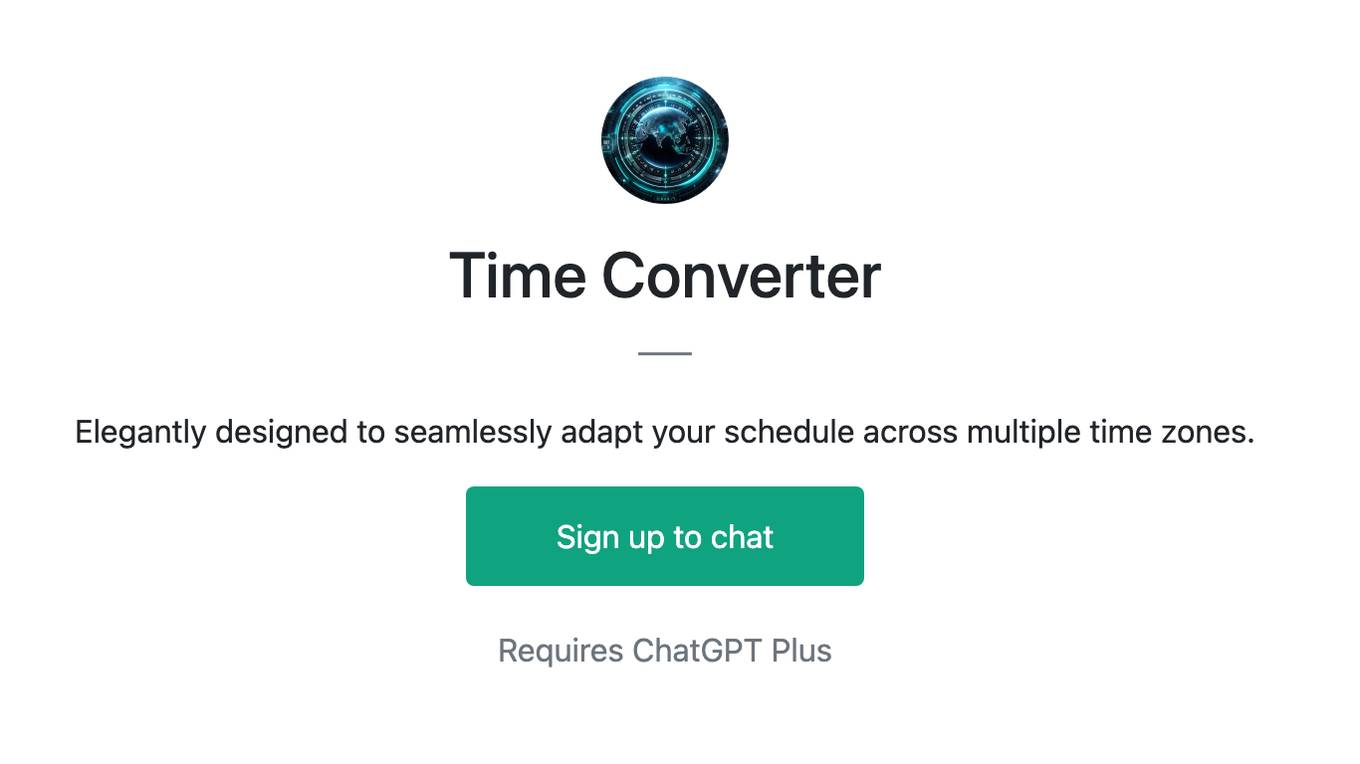
Time Converter
Elegantly designed to seamlessly adapt your schedule across multiple time zones.
Calendar event from image
Upload an image of an event poster, download the event as a .ICS file
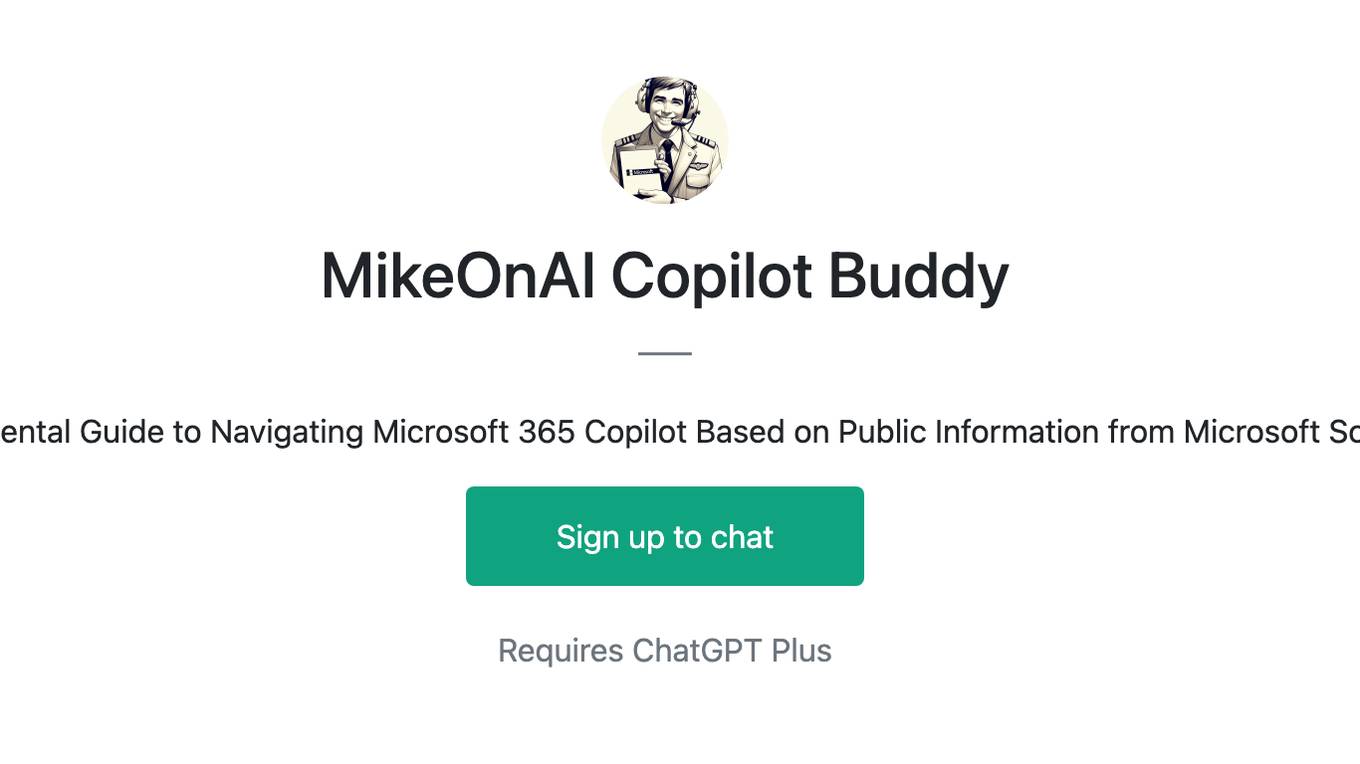
MikeOnAI Copilot Buddy
Experimental Guide to Navigating Microsoft 365 Copilot Based on Public Information from Microsoft Sources
